Visit Us
Get Directions
It’s frightening to think that alcohol addiction can affect anyone, and it can take hold without us realizing. This addiction can impact every aspect of a person’s life, including their home, school, work, and relationships. That’s why it’s crucial to be aware of the signs of alcohol addiction in yourself and your loved ones. Benchmark Transitions is here to help, Our team of experts consists of counselors, therapists, and medical professionals who specialize in helping people overcome their addictions and reclaim their lives.
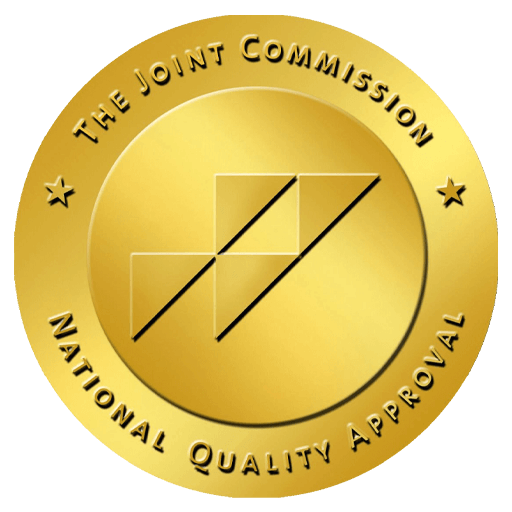




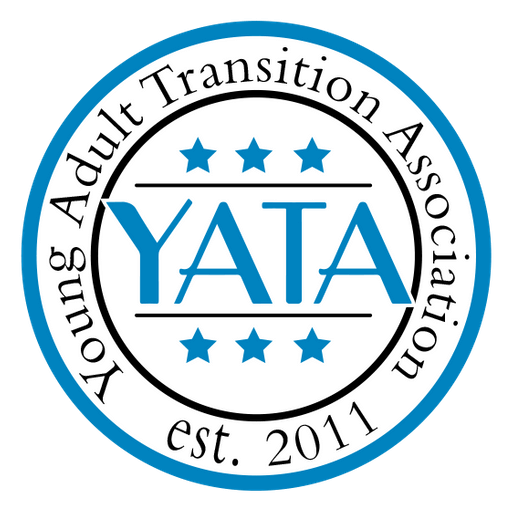
Alcohol addiction, also known as “alcoholism”, is a chronic and progressive disorder that encompasses various psychological, physical, social, and spiritual issues. It is characterized by an uncontrollable urge to consume alcohol despite the adverse consequences that can occur. Individuals with alcohol addiction may experience cravings, increased tolerance to the substance, withdrawal symptoms upon cessation of use, and a general inability to control their drinking habits. People with alcohol addiction may also experience physical issues such as liver damage, high blood pressure, mental health issues such as depression or anxiety, financial problems due to excessive spending on alcohol, and interpersonal difficulties due to strained relationships caused by their disorder.
If you suffer from alcohol addiction, benchmark transitions offer numerous programs and treatment options that can help you manage your disorder. We offer a variety of treatment services including but not limited to: individual counseling, group therapy, DBT (dialectical behavior therapy), and addiction recovery groups. Our experienced staff of psychiatrists, therapists, social workers, and certified alcohol counselors are also available to provide support and guidance throughout the treatment process. We understand that overcoming an alcohol addiction is a difficult journey and we strive to help each individual reach their goals in a safe, supportive environment.
Helps people to recognize and alter the thought patterns and behaviors that are causing distress or hindering their ability to function in everyday life.
More infoan integrative psychotherapy approach that has been extensively researched and proven effective for the treatment of trauma.
More infoHelps individuals to identify and build upon their strengths, as well as address any underlying issues that may be causing distress in their lives.
More infoa type of psychotherapy that involves a small group of people who support each other in addressing issues such as anxiety, depression, abuse, and trauma.
More infoOur residential homes in the Redlands, CA area offer our clients a convenient collegiate style of living. Each residence has 24/7 awake support and supervision to ensure a comfortable and safe environment. We also provide meal plans and scheduled evening and weekend activities for entertainment during their stay. During the first month of stay at Benchmark’s Transitional Living Outpatient & Learning Center, transportation will be provided to most nearby appointments. However, for community-based activities outside this area, local transportation can be used.
Operating in Southern California since 1993, we’re one of the longest running transitional living programs specifically treating adults with emotional, behavioral, and alcohol or drug addiction issues.
More about usBenchmark Transitions works with all major insurance companies and is pleased to be an In Network provider with Aetna, Anthem Blue Cross (accepting most BCBS Blue Card plans), First Health, Kaiser Permanente of Southern California, MHN, TriCare West and Quantum Health.


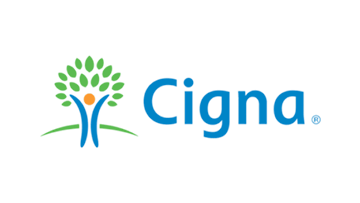


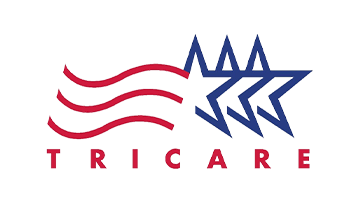
Eddie is a licensed Marriage and Family Therapist (LMFT) and Certified Drug and Alcohol Counselor with over 13 years of sobriety. His academic journey began at East Los Angeles College, where he obtained his certification in Drug and Alcohol Counseling, and continued to Antioch University Los Angeles, where he earned a Master’s degree in Clinical Psychology, specializing in addiction. Certified with both CCAPP and CAADE, Eddie employs a multi-modal approach in his practice, including DBT, CBT, and solution-focused therapy, to address addiction and co-occurring mental health disorders.
Meet Eddie